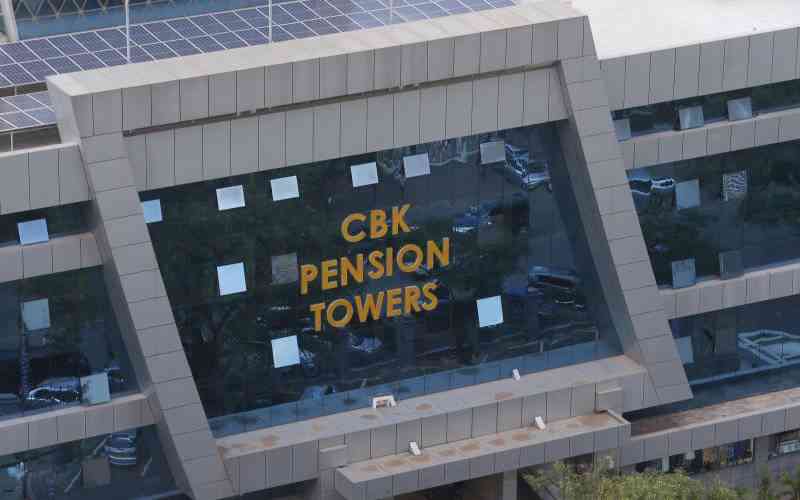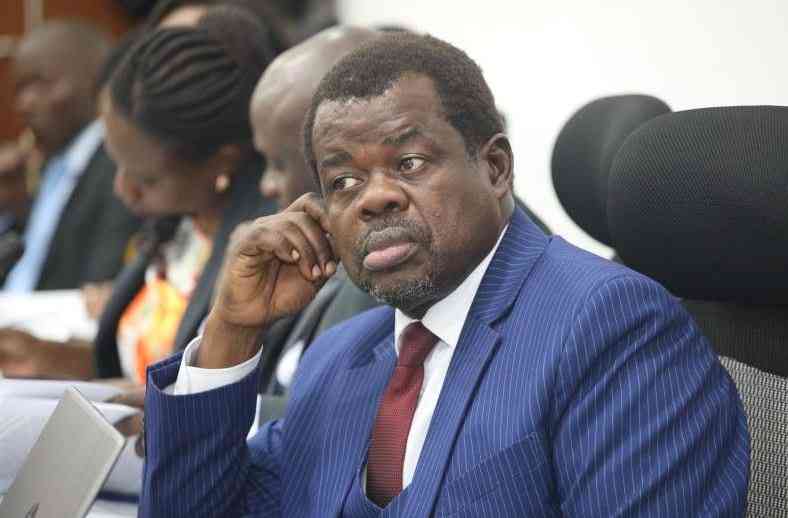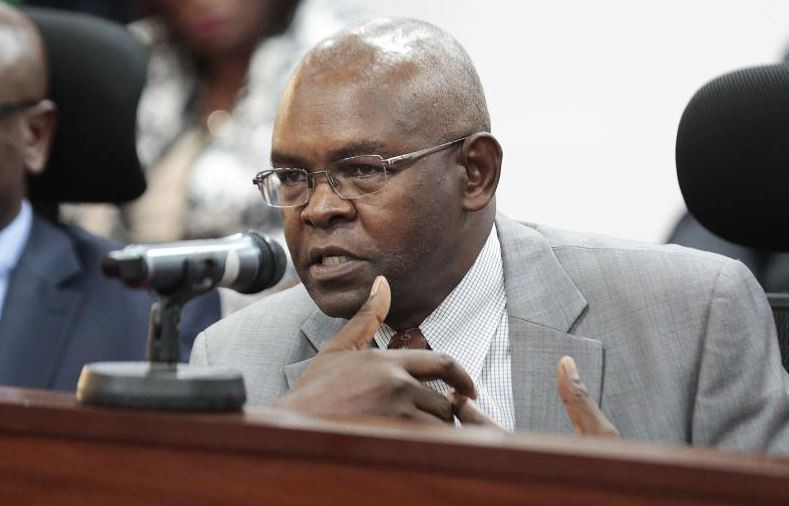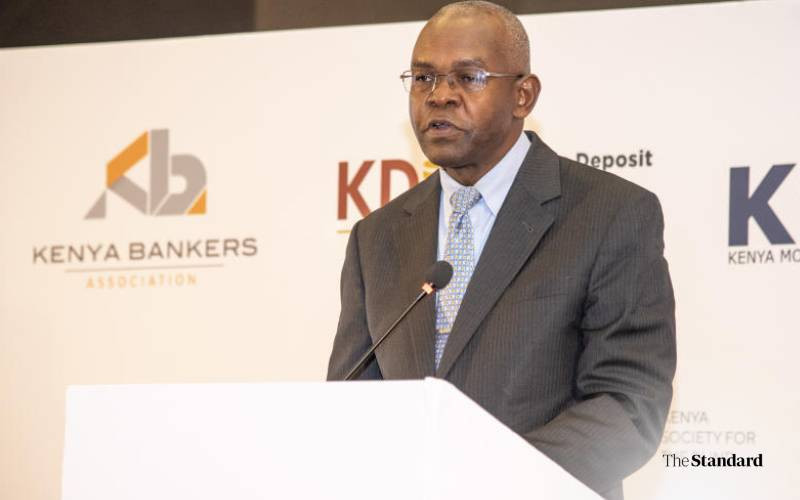
Central Bank of Kenya (CBK) Pension Towers located along Harambee Avenue in Nairobi CBD on March 07, 2024. [Stafford Ondego, Standard]
The banking regulator will extend the operating hours of its critical national payment system from July 1, aiming to significantly boost Kenya’s transition towards a round-the-clock digital economy.
The move is set to ease transaction bottlenecks and enhance financial convenience.
The Central Bank of Kenya (CBK) announced on Wednesday that the Kenya Electronic Payment and Settlement System (KEPSS), the nation's Real Time Gross Settlement (RTGS) system, will now operate from 7am to 7pm on business days.
This marks a substantial extension from the current 8.30am to 4.30pm schedule.




Imagine KEPSS as a high-speed, express financial highway for large-value and time-sensitive transactions between banks and other financial institutions in Kenya.
Before this change, if a critical payment, such as a large business transfer, a salary disbursement by a company, a land transaction, or a government disbursement, missed the 4.30pm cut-off, it would be stuck in the system and could only be completed the following business day.
This often caused delays, inconvenienced businesses, and sometimes carried significant financial implications.
With the new schedule, this "financial highway" will be open for an additional 4.5 hours daily.
This allows for earlier initiation and much later completion of payments.
For instance, a business receiving a late-afternoon payment can now disburse funds to suppliers or salaries to employees on the same day, rather than waiting until the next morning.
This directly addresses the pain point of missed deadlines and the resulting overnight delays.
CBK stated that this enhancement aims to improve the efficiency, accessibility, and resilience of Kenya’s payments ecosystem.
This means businesses, government institutions, and financial institutions will gain greater flexibility for processing payments, leading to improved cash flow management and reduced end-of-day settlement risks.
Stay informed. Subscribe to our newsletter
The Central Bank emphasised that these longer operational hours are vital to bridging the gap between traditional banking hours and the demands of a modern digital economy.
It will facilitate seamless transactions across different time zones, strengthening Kenya's position as a regional financial hub and aligning its payment infrastructure with global best practices.
The move, following extensive consultations with system participants and aligned with the National Payments Strategy 2022–2025, also reinforces the CBK's commitment to greater financial inclusion by expanding the time window for settlements, allowing more individuals and entities to engage with the formal financial system more easily.
The National Payments System has undergone significant transformations, including the establishment of a national payment infrastructure and the automation and upgrade of various payment systems.
Building on this progress, CBK, in collaboration with industry stakeholders, said earlier this year it is working towards launching a fast payment system.
This system will enable seamless interoperability between all retail payment services offered by both banks and non-bank providers.
The CBK, according to Treasury, is currently establishing the necessary institutional governance framework for the fast payment system. It is also assessing available technological infrastructure options to ensure a robust and efficient system.
The implementation of the fast payment system is aligned with global best practices, according to the Treasury, and will be pursued as a digital public infrastructure through a public-private partnership arrangement.
This approach, the Treasury reckons, is expected to increase the affordability of financial services, foster payment innovation, enhance financial inclusion, and improve oversight and stability within the national payments system.
Data from the Kenya Bureau of Statistics shows that Kenya moved Sh6.5 trillion via mobile money compared to Sh5.8 trillion in 2023.